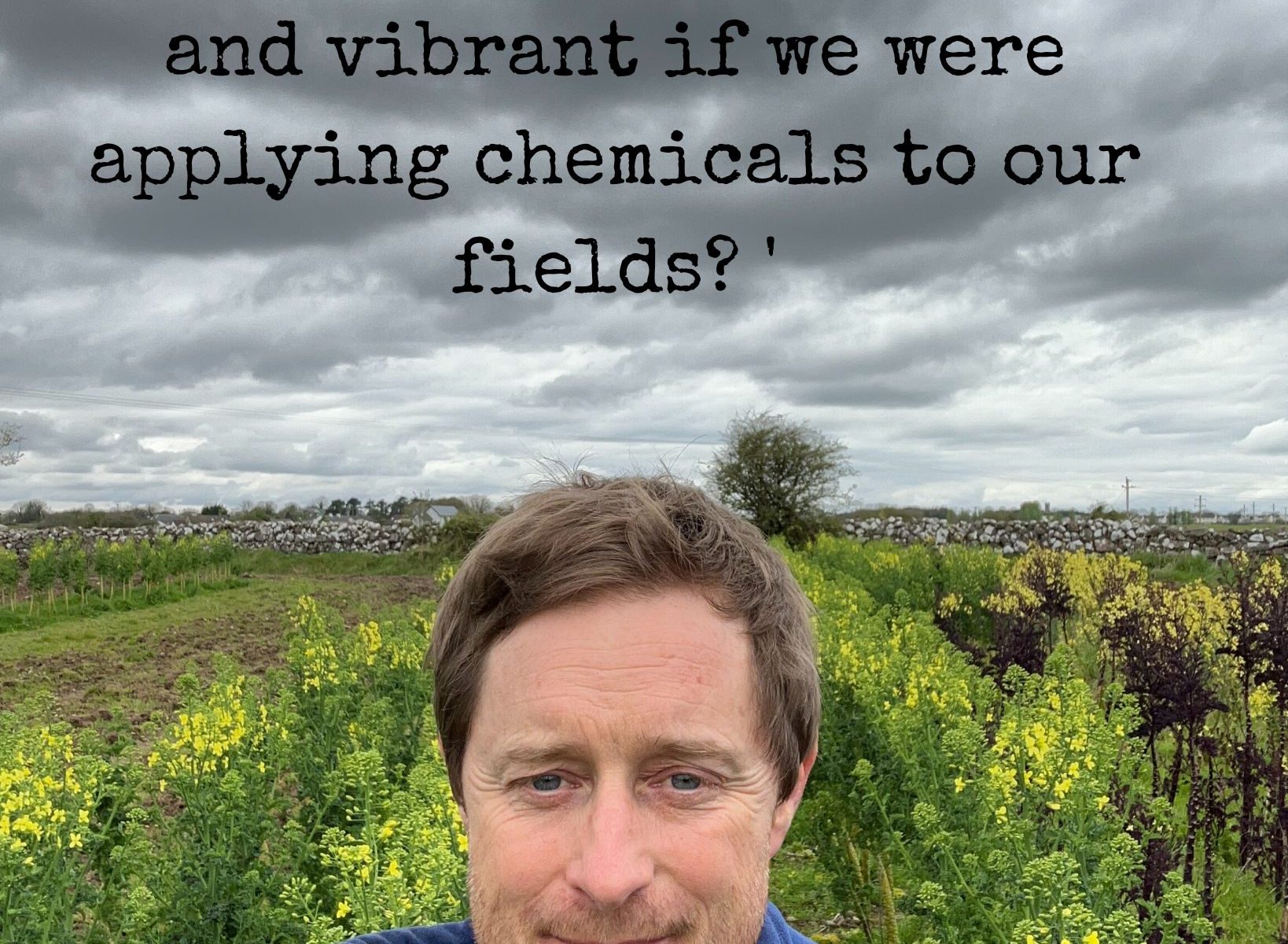We all get sick sometimes, but when something serious comes along how we define what is important to us can change significantly. There is little doubt that without our health we have very little. All it takes is to be laid up in bed with a serious dose of the flu to know that being sick can be serious. The prevalence of chronic disease in our current age is frightening, it is unfortunately a reflection on how we as a society have evolved. Our eating habits, working habits, exercising habits, have steadily changed and not for the better over the last 50 years.

But what has happened to our food is very concerning. Obviously, the ultra-processed
rubbish that is designed to be irresistible is very unhealthy, and we would in all seriousness
be better off eating cardboard. But it is often said that it is not what we do occasionally that
is the problem it is what we do every day that causes the benefit or the damage. Those
things we eat everyday are one of the keys to our health.
Our bodies are amazing machines and when we are young, we can cope at least for a
while with just about anything, but as we grow older things start to take a greater tole on our
health. So it is with our food, at least in my opinion the chemicals on conventional food must
over time do damage, they hurt us on the inside and they do it gradually over years. I
remember years ago my biology teacher telling me if you irritate something for long enough
you will cause cancer.
I know I am fortunate and can afford to consume organic food as I have it all around me, I
don’t take that for granted. Ironically, for health reasons I have a restricted diet and one of
the things I can eat are blueberries. Over the last couple of weeks, we haven’t been able to
source organic blueberries as we do not buy airfreighted produce. So, I bought some
conventional blueberries in a shop. I think they tasted a little odd, I ate them anyway. But I
decided to investigate this a little and here is what I found:
In 2024 Pesticides were found on 90 percent of conventional blueberry samples, compared
to 81 percent in 2014. 80 percent of samples had two or more pesticides, versus 70
percent in 2014. A single sample of blueberries could have up to 17 different pesticide
residues, compared to 13 in 2014. Reference here.
This information is relevant to the US, but many of the blueberries on Irish supermarket
shelves come from all over the world and could have the same residues. The most
troubling pesticides found on blueberries were phosmet and malathion, chemicals known as
organophosphate insecticides. They kill many types of insects and are toxic to the human
nervous system.
Not only are conventional blueberries on the list of items to source organically if you can,
but green beans, peppers, and kale were also singled out. We have sourced organic
blueberries again, the first new European harvest from Spain. I write this piece to once
again highlight the difference between conventional food production and organic. Don’t we
deserve to known about these unseen extras?
So anyway, I am looking forward to getting the first new season organic non airfreighted
blueberries next week. They won’t be as good as the Irish ones we had a few weeks ago,
but they will be pretty good.
As always thank you for your support
Kenneth


